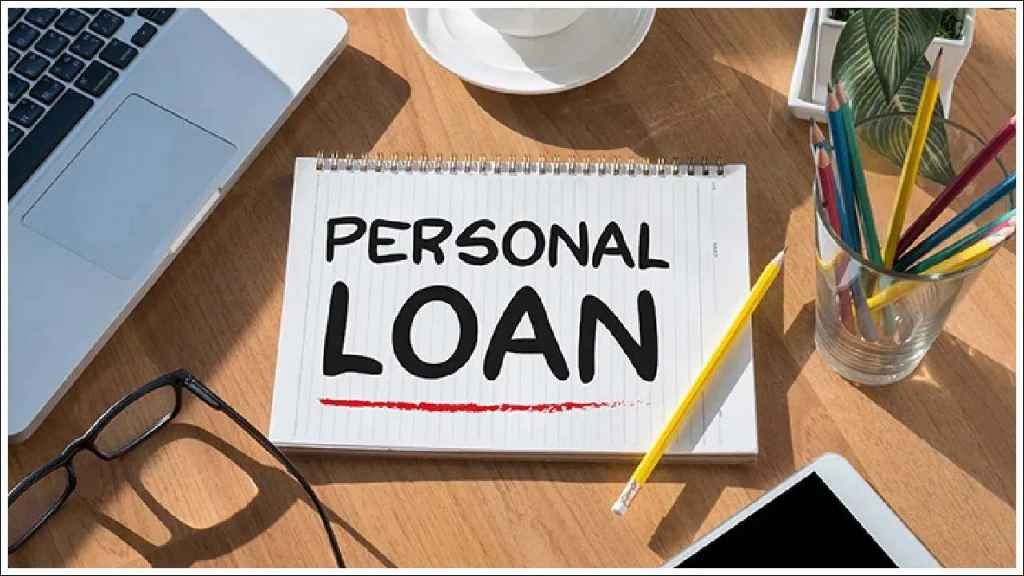Certainly, obtaining a personal loan has become significantly more accessible, primarily due to changes in the banking sector. However, it’s noteworthy that banks now extend this facility predominantly to individuals with a commendable CIBIL score. Those boasting a CIBIL score of at least 700 are actively approached and offered more favorable loan terms. Conversely, individuals with a lower CIBIL score encounter difficulties securing loans, as banks are reluctant to extend credit under such circumstances.
The evolution in the banking sector has streamlined the loan application process, ushering in an era where loans can be acquired swiftly. Intense competition among banks has led to the emergence of pre-approved loans, allowing customers to secure funds without the need to visit a bank branch. A simple click is all it takes to have the loan amount deposited directly into the account, making the entire process remarkably convenient.
Despite the newfound ease in securing personal loans, the crucial determinant remains the CIBIL score. For loans without any collateral, the CIBIL score acts as the sole criterion, and banks adhere strictly to this standard. Individuals with a low CIBIL score face repeated rejections, regardless of the number of applications submitted.
Beyond loan approval, borrowers often wonder about the impact of the CIBIL score on the interest rate. Indeed, the CIBIL score plays a pivotal role in determining the interest rates offered by banks. Industry experts emphasize that a higher CIBIL score translates to a lower interest rate on the loan. Conversely, a lower CIBIL score categorizes individuals as higher risk, prompting banks to levy higher interest rates on the loans they extend. This correlation between the CIBIL score and interest rates underscores the importance of maintaining a favorable credit history for more favorable lending terms.







